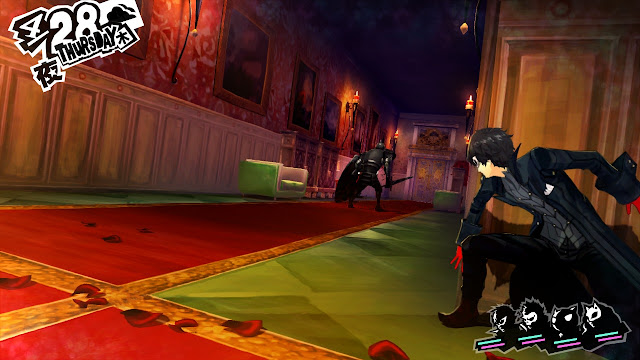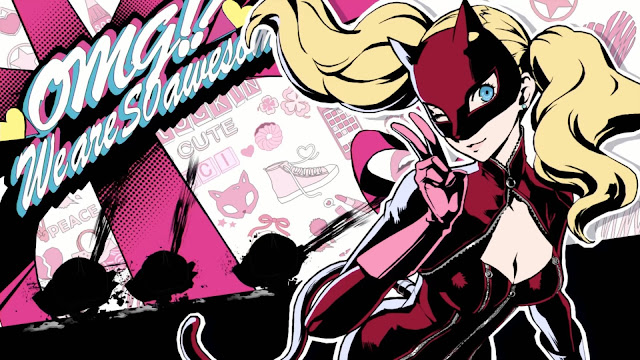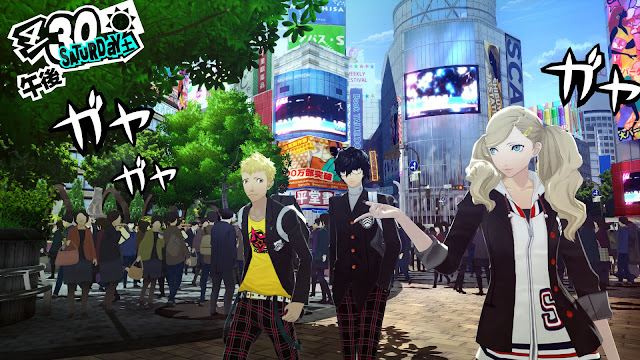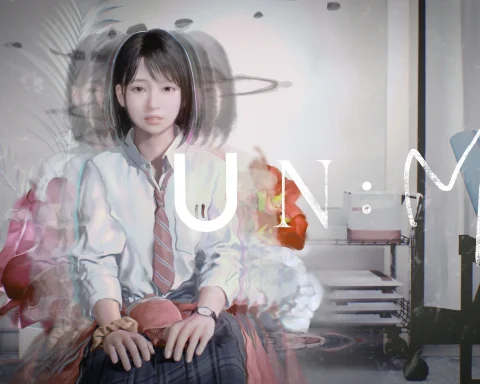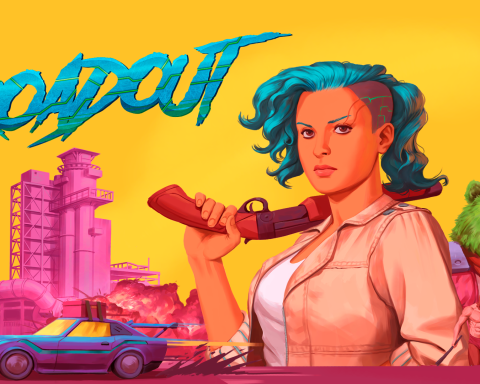Article by Matt S.
Persona 4 was a game that means more to me than I can really put into words. It was an utter masterpiece of storytelling, and a game that I continue to get more out of, the more I sit down and play it. It affected me on an emotional and intellectual level, it was one of the games that convinced me that games deserve respect as works of art, and before this year rolled around, I considered it the second greatest game ever made (second only to NieR).
Related reading: Persona 4 and philosophy – an in-depth analytical piece by Matt.
Since then NieR: Automata has given me a whole new level of appreciation for the kind of stories that games can tell, and Persona 4 has shifted back one spot in my list of games that I consider to be as meaningful as the most important works of literature, music, film and theatre. So, when I say that Persona 5 isn’t as good as Persona 4, I’m saying it in the context that I think this new game is slightly less superior than the third greatest game of all time. That is to say that Persona 5 is an utterly brilliant game, and one I would recommend to anyone without reservation. But having now devoured the game I do think Persona 4 is still the superior story.
I’m not reviewing Persona 5. We unfortunately received a review copy very, very late, and after embargo had lifted and there were already dozens (and dozens) of reviews on Metacritic alone. It seemed a little pointless to write an actual review. I will, however, be writing at length about Persona 5’s key themes in the weeks ahead, and picking the game apart, bit by bit, in order to do the analysis of the game justice. I did want to share some general thoughts with you all in a more casual post, so you weren’t left wondering where I stood with the game.
Persona 5’s biggest issue, I feel, is that it flips the structure of its bosses and dungeons around to focus on antagonists, rather than protagonists. One of the things that make Persona 4 so utterly memorable is that, for the first 80 per cent or so of the game, the bosses at the end of dungeons were actually the game’s protagonists. With each boss battle a character – a hero – had to face an uncomfortable truth about him or herself, and in overcoming a denial about who they are and coming to accept this uncomfortable truth, the character was able to form an equilibrium within themselves, which, in the context of the game’s story, just happened to mean that they were not found dead down the track (and therefore no “game over” screen).
This approach was really remarkable, because it gave us a very intimate understanding of each of the characters; their fears, their desires, their motivations, and their personalities. Each of the dungeons was kept within a “TV World;” a fantasy environment separate to the real world, but reflective of whoever was “trapped” in the world. One by one, Persona 4’s protagonists would get trapped in this world themselves, and their friends would try and save them by delving into dungeons constructed around that trapped character’s psyche. For example, Risette’s dungeon was presented in the vision of a red light district strip club, and reflected her difficulty with coming to terms with the exhibitionist nature of her career as an idol and superstar. Another character – Kanji – had a dungeon design that reflected his latent homosexuality and the pressures on him to deny that side of himself, which, before coming to terms with who he is, led him to adopt an overly aggressive personality on the surface in an effort to compensate.
In a very real sense, exploring these dungeons was like being inside the characters themselves, exploring them. It was very intimate, emotional, and left the characters in question incredibly vulnerable before us. In turn, we also got to understand their inner strength and unique personalities, and then, once the character was rescued and joined the group of heroes, we were already in love with them. Truly, very few games have managed to give us such a deep look into the protagonists that we play with, and the relationships that they form with one another.
Persona 5 flips things around, for the more standard JRPG structure where the game’s bosses are its antagonists. Without giving spoilers away, these antagonists are superbly written, and really nasty; this is a game that has no concerns whatsoever with addressing some very dark material. And yet, as I played through the game, I came to realise a couple of things:
1) I wasn’t anywhere nearly as much in love with my protagonists, and
2) I didn’t know them as well as I wanted to.
The protagonists in Persona 5 form relationships with one another. They joke, they flirt, they get into some very silly situations. They tease. And then they work together as hyper-cool and super-sexy cat burglars to infiltrate the otherworldly fortresses of ID that the game’s antagonists construct (similar to the “TV World” of Persona 4), and then they defeat those antagonists in combat, causing the “real world” version of the antagonists to repent for the evil that they’ve done and make amends.
This structure works well, and is something that we’re of course very familiar with in JRPGs; Persona 4 was a real genre outlier by making most of the bosses the protagonists, rather than the antagonists. And it’s certainly compelling getting up to those bosses. Where Persona 4’s dungeon design was randomised (and therefore quite dull), Persona 5’s dungeons take full advantage of puzzles and layered design to keep players on their toes throughout. On a mechanical level there’s nothing but brilliance around this game’s design and execution.
This just drives home how special Persona 4 really is. To find fault in Persona 5 is to be excessively picky. The game’s not perfect – but of course nothing can be – but it’s leagues ahead of just about everything else that gaming has ever thrown our way. Its sense of style is impeccable, its writing and characterisation is tight and engaging. It manages to mix humour and seriousness in equal measure, and offers a delightful combat system that never grows tiring.
But it’s not Persona 4. Persona 4 was one of those rare games that managed to transcend the medium to become more important than it. As good as everything in Persona 5 is, it doesn’t tear down walls or demand that we look at the entire medium of games differently. It’s brilliant, and it and NieR: Automata will be fighting for almost every single award in the DDNet GOTY awards this year, but it’s not quite the life-altering experience that its predecessor was; the predecessor that was the game that made me realise I wanted to write a book about games as works of art.
Persona 5 is not Persona 4, and that’s its single (and yet significant) failing.
– Matt S.
Editor-in-Chief
Find me on Twitter: @digitallydownld


